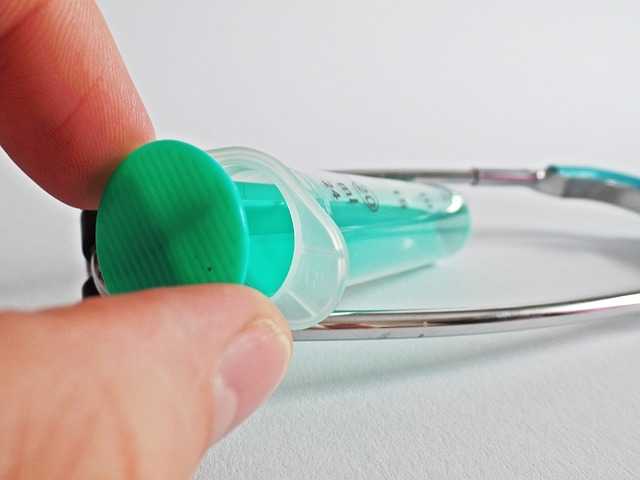 The physician-patient relationship is based on trust. When a serious breakdown in communication occurs, the chance of malpractice skyrockets. Mistakes happen, patients don’t get the care they need and irreversible damage occurs.
The physician-patient relationship is based on trust. When a serious breakdown in communication occurs, the chance of malpractice skyrockets. Mistakes happen, patients don’t get the care they need and irreversible damage occurs.
A large number of malpractice cases can be traced back to poor communication. Law firms, like secure-law.co.uk handle many medical negligence claims every year, some of which were preventable if all parties had enough information. Regardless of the cause, though, the victim and their families are always the ones who suffer most.
How Does Poor Communication Lead to Malpractice?
Communication problems can take many forms, and no two malpractice cases are exactly alike. Some of the most common scenarios, however, include the following:
- The patient did not share their entire medical history, or lied when asked. This happens often when a patient is transferred to a new doctor who did not build rapport with them.
- The doctor did not ask the right questions or listened properly, and thus made a misdiagnosis, prescribing the wrong treatment and medication.
- The physician intentionally withheld information, such as not warning them of potential long-term side effects to a surgery.
- A health care worker may have forgotten to give important instructions to other staff in the hospital, which lead to a fatal oversight.
A failure to communicate can easily lead to disaster – as is evidenced by the number of preventable deaths in NHS hospitals caused by serious medical errors. If you are the victim of malpractice, it is important to seek compensation, and do help end this problem. The question is whether or not you have a solid case.
Is Your Doctor Legally Liable?
In any malpractice case, the first thing that an attorney must do is to establish that the doctor was negligent, and that it negatively affected you. Your lawyer must prove not only that the attending healthcare professional made a mistake, but also that you suffered from the ordeal.
Think back to the conversations you had with your physician, and share everything you think may be relevant with your lawyer. A casual comment from your doctor may have contributed to your injury, and may be what your case needs.

